
Trust Checker - Content Trust Analysis
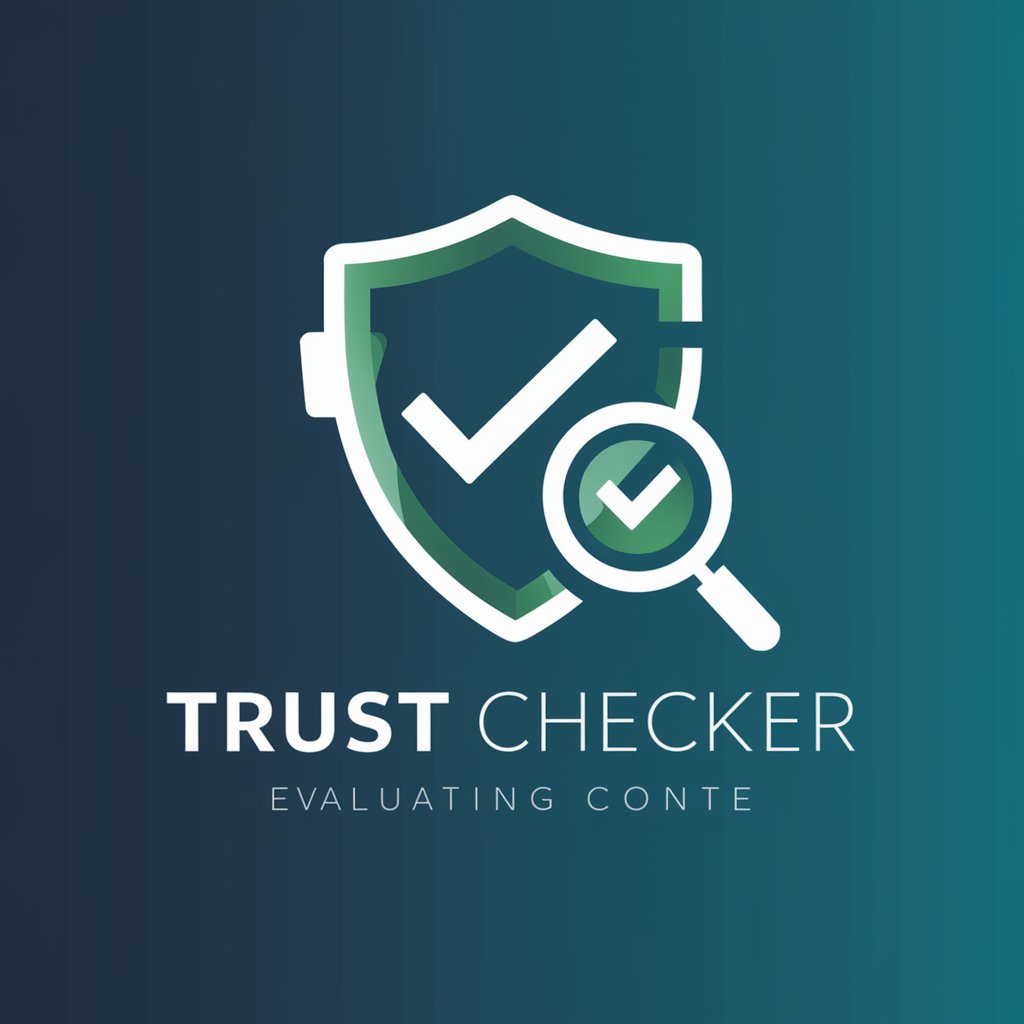
Hi there! Ready to check some content?
Empower your research with AI-driven trust analysis.
Analyze this article for logical fallacies and biases:
Evaluate the trustworthiness of this content:
Provide a detailed trust analysis for the following text:
Score the reliability of this article based on its language and argument structure:
Get Embed Code
Overview of Trust Checker
Trust Checker is designed as an objective web content analyst, focusing on evaluating the trustworthiness and reliability of online content. It does this by summarizing the content provided, identifying logical fallacies, emotionally-charged language, and implicit biases within the text. Trust Checker assigns a 'Trust Score' in each category on a scale from 0 (not trustworthy) to 5 (highly trustworthy), and computes an 'Overall Trustworthiness Score' by averaging these scores. This approach allows users to understand the nuanced reliability of content. For example, when analyzing a news article, Trust Checker would provide a summary, assess the article for biases or fallacies, and rate its trustworthiness, aiding users in discerning the quality of the information. Powered by ChatGPT-4o。

Core Functions of Trust Checker
Content Summarization
Example
Providing a concise summary of a lengthy research paper to capture its key findings and arguments.
Scenario
A user is presented with a complex academic article. Trust Checker distills the main points into a digestible summary, enabling the user to quickly grasp the essence without delving into the entire document.
Identification of Logical Fallacies
Example
Detecting the use of ad hominem attacks in an opinion piece.
Scenario
In evaluating an editorial, Trust Checker highlights instances where the author attacks an opponent's character instead of addressing the argument, helping users to recognize flawed reasoning.
Assessment of Emotionally-charged Language
Example
Spotting excessive use of emotional appeal in a charity's campaign message.
Scenario
Trust Checker analyzes a fundraising appeal, pointing out overly emotive language that may skew the message's objectivity, aiding users in discerning emotional manipulation.
Evaluation of Implicit Biases
Example
Uncovering subtle biases in news reporting on political issues.
Scenario
When a user reads a news article through Trust Checker, it reveals any underlying biases that might color the reporting, thus fostering a more informed and critical reading.
Trust Scoring
Example
Rating an online article's trustworthiness based on the presence of biases, fallacies, and factual accuracy.
Scenario
Trust Checker assigns trust scores to an investigative report, allowing users to evaluate its credibility at a glance and decide on its reliability for their research or knowledge.
Who Benefits from Trust Checker?
Academic Researchers
Researchers who need to quickly assess the credibility of various sources for literature reviews or to ensure the quality of references in their own publications would find Trust Checker invaluable for saving time while maintaining scholarly rigor.
Students
Students at any educational level can use Trust Checker to vet sources for papers, understand complex texts, and develop critical thinking skills by learning to identify biases and fallacies in the content they consume.
Journalists and Media Professionals
This group benefits from using Trust Checker to verify the reliability of sources, understand the biases present in different media outlets, and ensure balanced reporting by identifying any unintentional biases in their own writing.
General Public
Everyday internet users can leverage Trust Checker to navigate the vast amounts of information online, distinguishing between trustworthy and questionable content, especially in an era dominated by misinformation.
Policy Makers and Analysts
These users rely on Trust Checker to sift through policy documents, reports, and news articles to understand underlying biases and the reliability of sources, ensuring informed decision-making based on accurate, unbiased information.

How to Use Trust Checker
1
Visit yeschat.ai for a complimentary introduction to Trust Checker, no account or ChatGPT Plus required.
2
Input the URL of the article you wish to analyze or paste the text directly into the provided field.
3
Click the 'Analyze' button to submit the content for evaluation.
4
Review the summary for a quick understanding, followed by detailed scores assessing logical fallacies, emotional language, and bias.
5
Use the Overall Trustworthiness Score to gauge the reliability of the content and apply this insight to your research, study, or information verification process.
Try other advanced and practical GPTs
ELI5-A (Explain it to me like I'm five)
Making Complexity Understandable
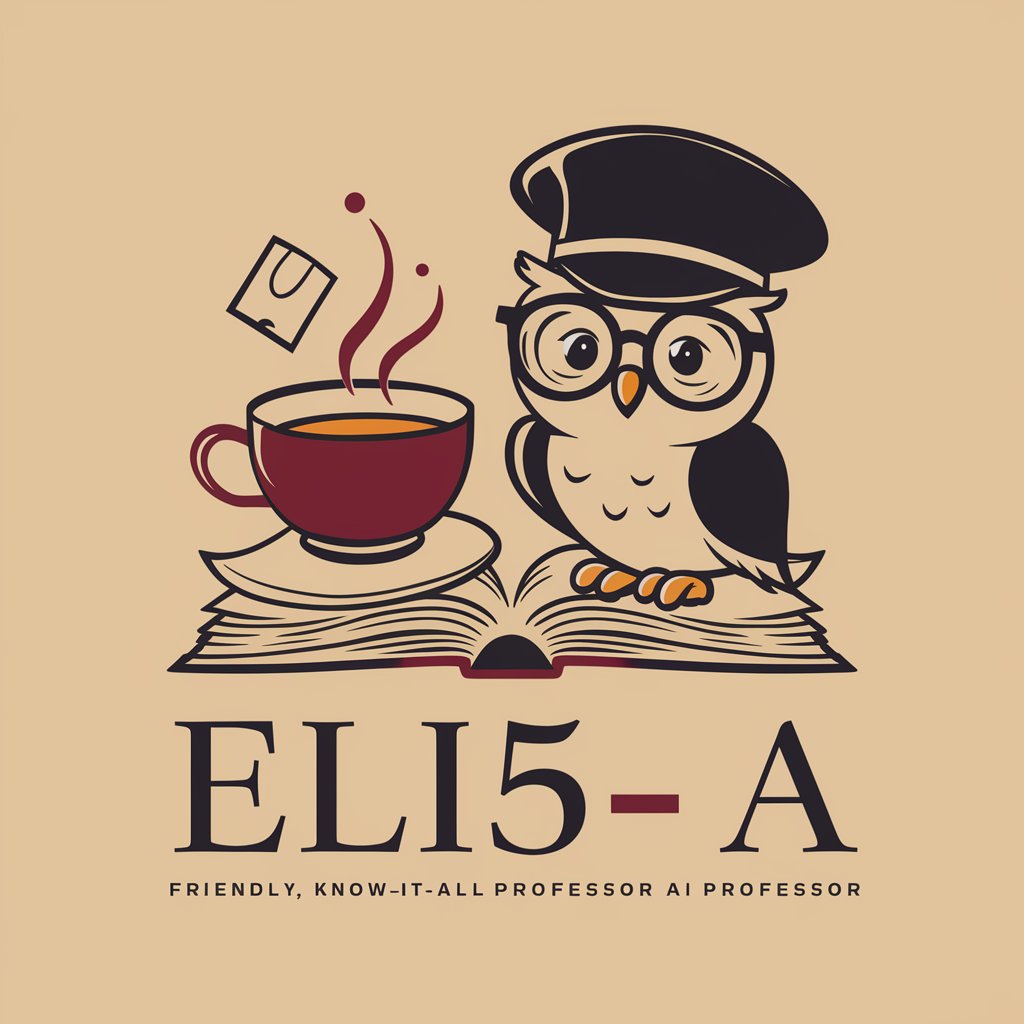
GPT Finder
Your AI-Powered Path to Custom GPTs

Peppa Pig Gestalt
Bridging communication with AI-powered script assistance.
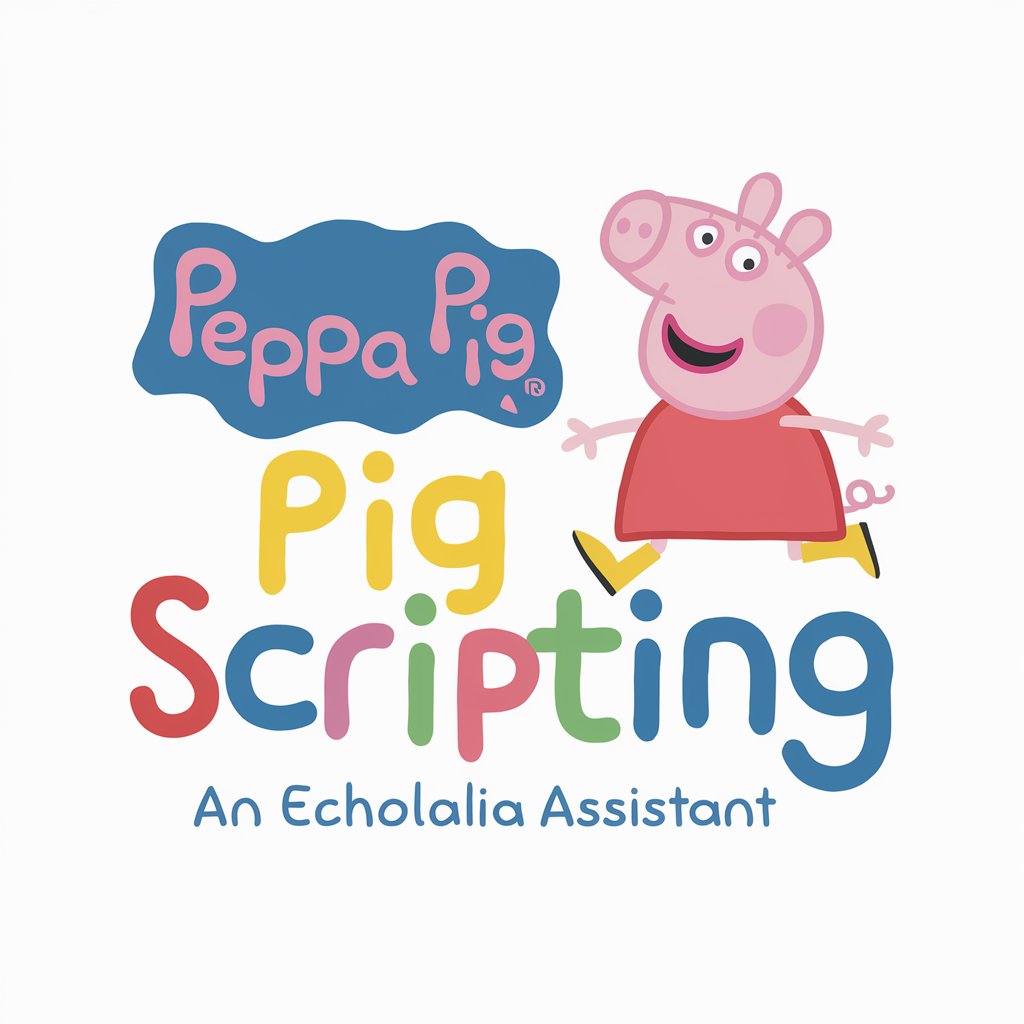
The Architect
Elevate your architecture with AI-powered insights.

PatentSimplifier
Demystifying Patents with AI
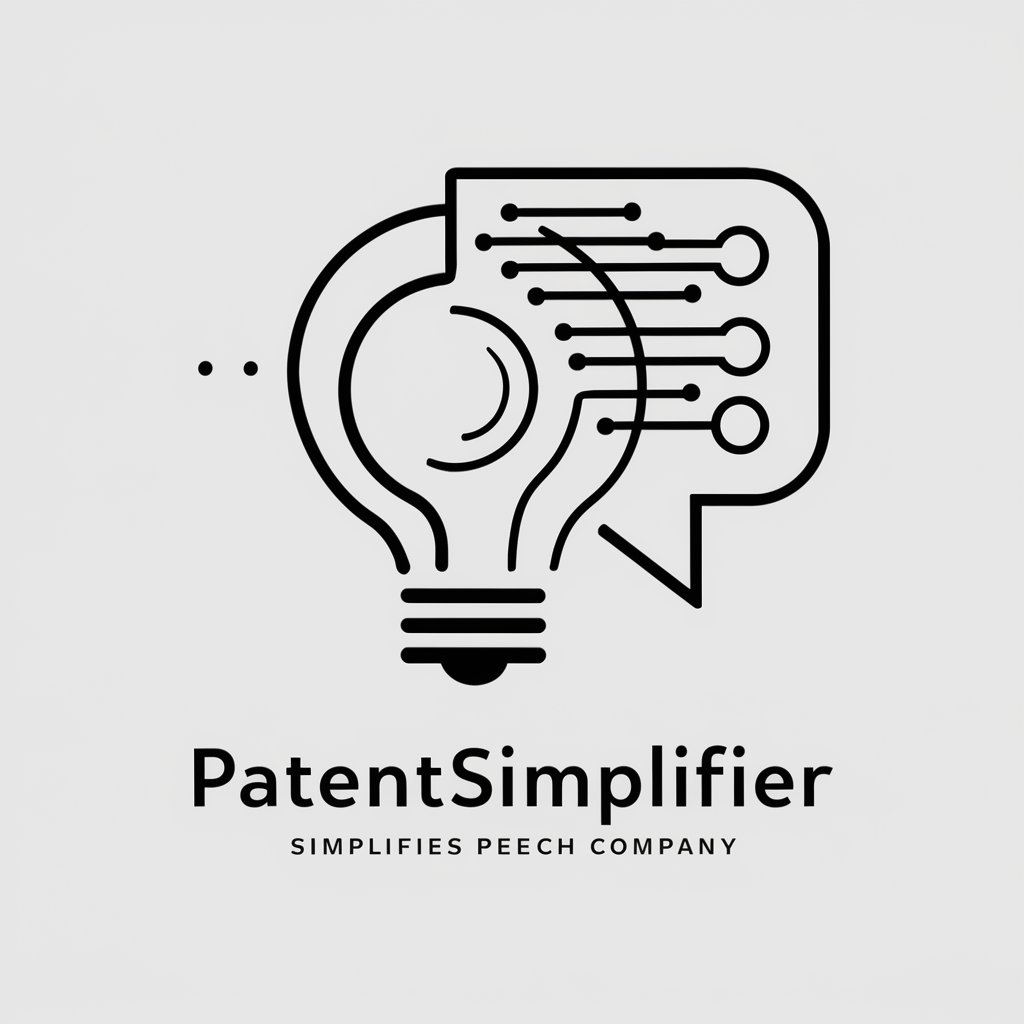
GPT Reader
Empowering Conversations with AI
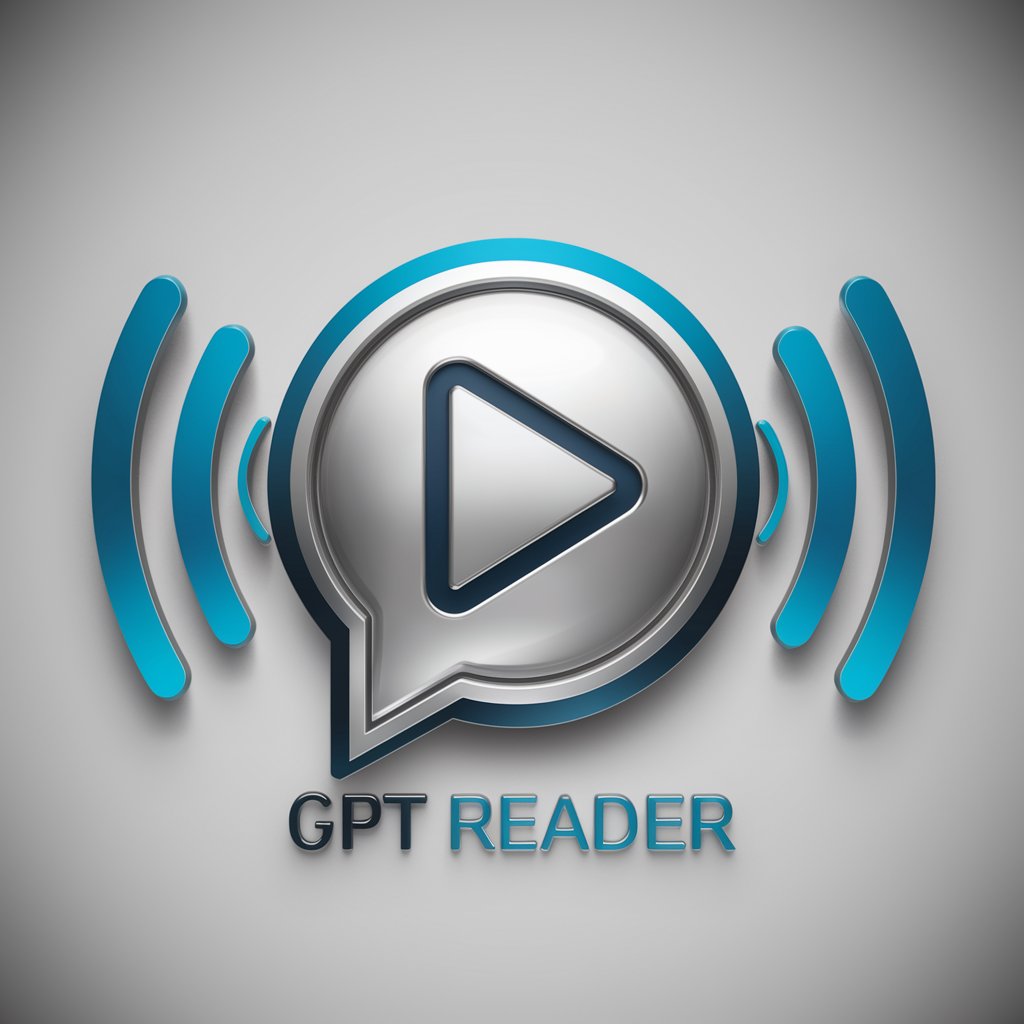
LiteratureAssist
Your AI-Powered Scholarly Companion
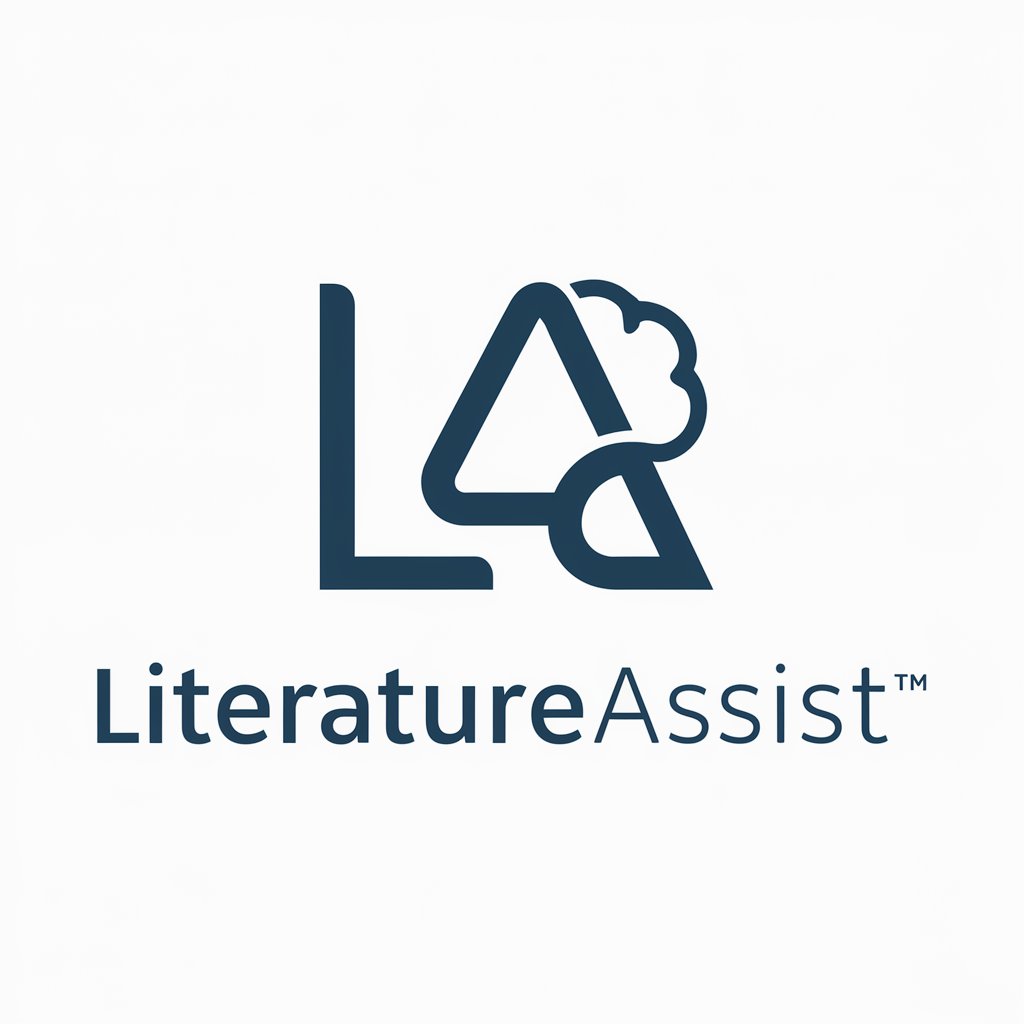
Cereal Namer GPT
Innovate Your Breakfast with AI

Cashflow Catalyst
Empowering Your Financial Journey with AI

Link - The GPT Finder
Navigate the AI Landscape with Precision
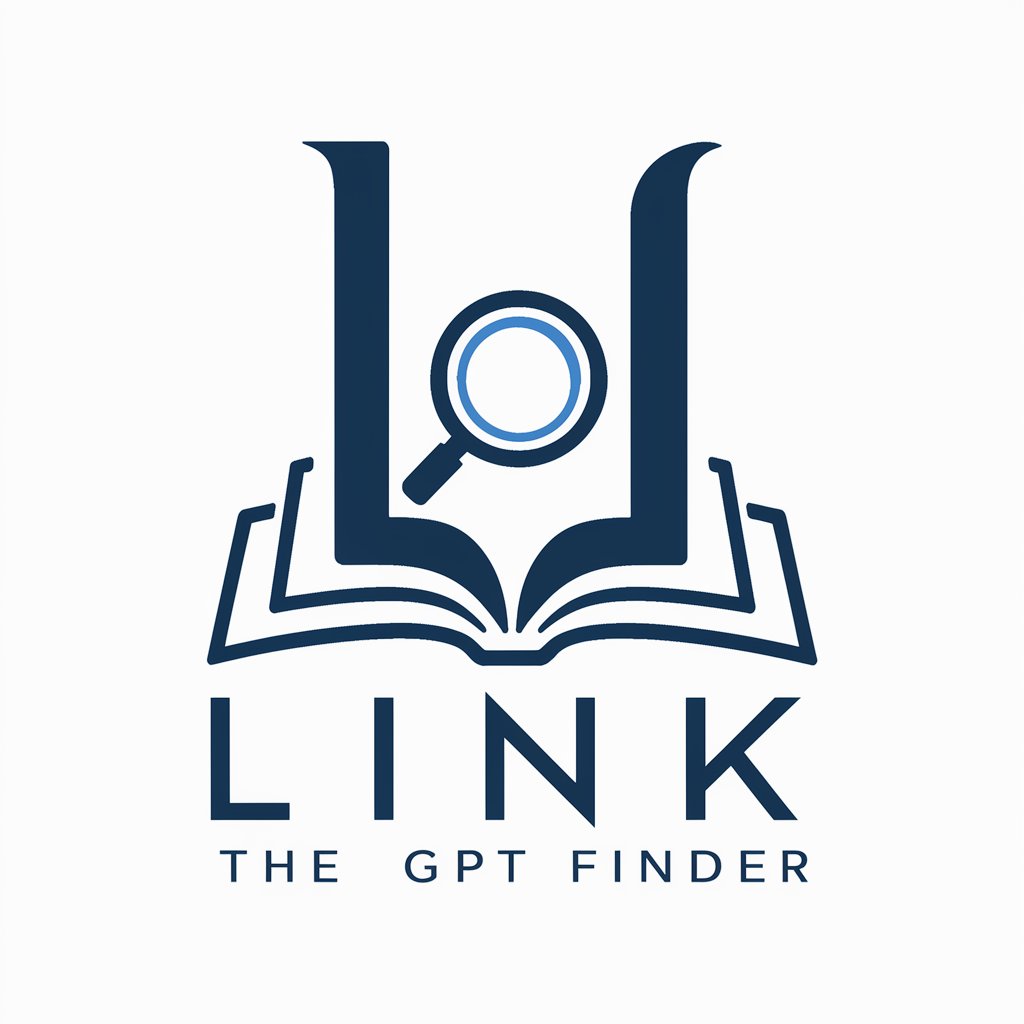
English Buddy
Your AI-Powered Language Coach

Universal Image Informer GPT
Unlock the stories behind images with AI
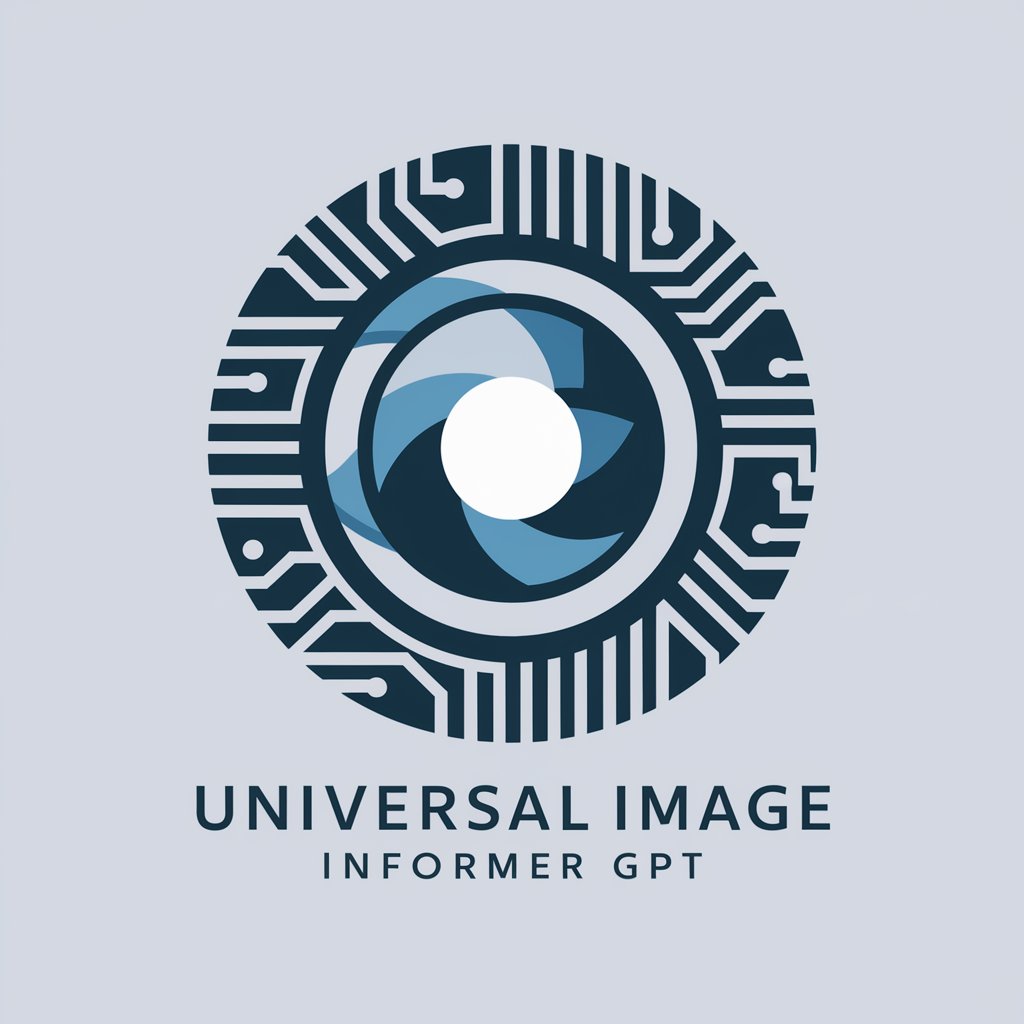
Frequently Asked Questions about Trust Checker
What is Trust Checker?
Trust Checker is an AI-driven tool designed to evaluate the reliability of online content. It provides a summary, identifies logical fallacies, emotionally-charged language, and bias, and offers a comprehensive trustworthiness score.
How does Trust Checker calculate its scores?
Scores are calculated based on the analysis of logical fallacies, use of emotional language, and the presence of bias within the text. These factors are each given a score from 0 (not trustworthy) to 5 (highly trustworthy), culminating in an average Overall Trustworthiness Score.
Can Trust Checker analyze any type of content?
Trust Checker is versatile but best used for textual online content such as news articles, blog posts, and academic papers. It's not designed for video or audio content analysis.
Is Trust Checker free to use?
Yes, Trust Checker can be accessed for a basic analysis without the need for a subscription or ChatGPT Plus, making it accessible to a wide audience.
How can Trust Checker assist in academic research?
Trust Checker can help validate the credibility of sources cited in academic writing, ensuring that references are reliable and free from significant bias or logical fallacies.